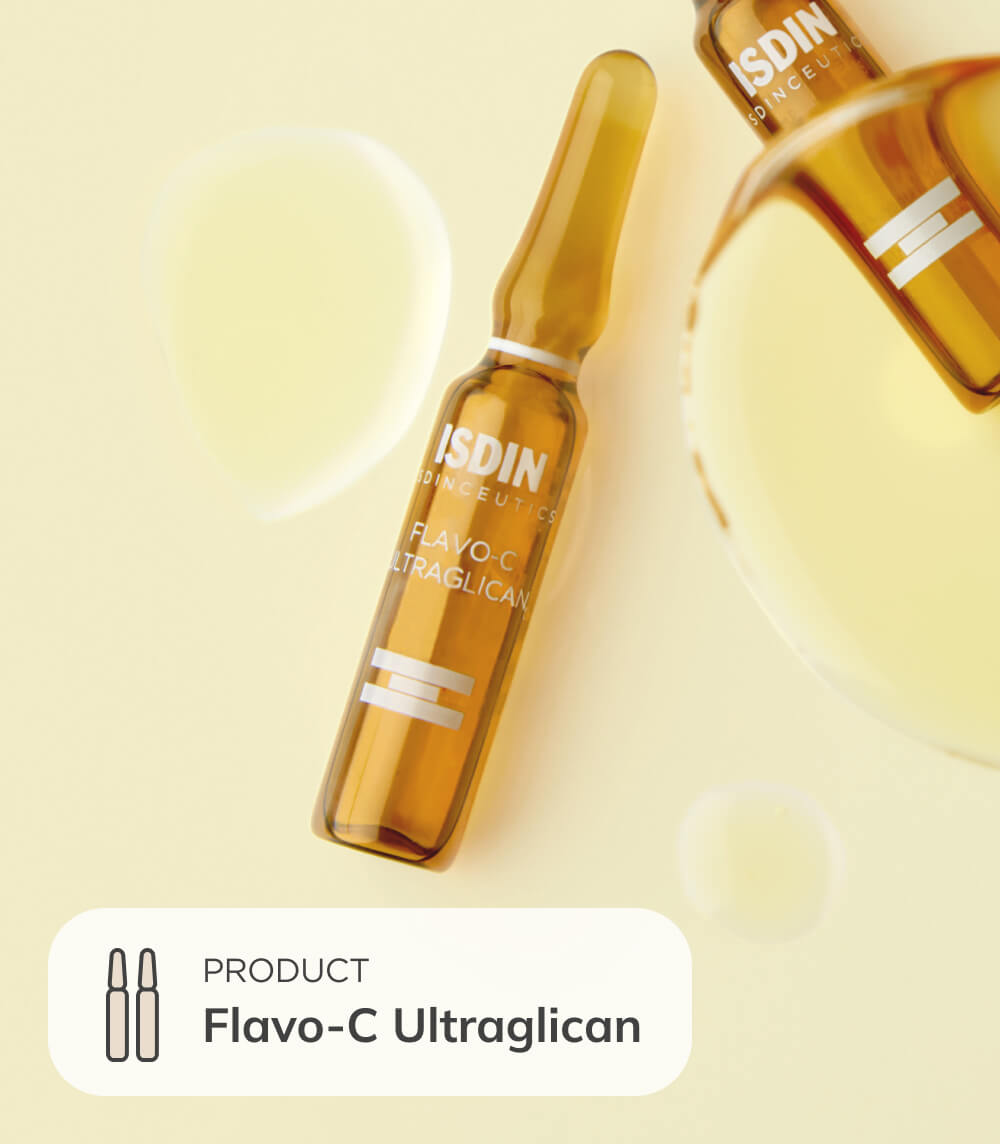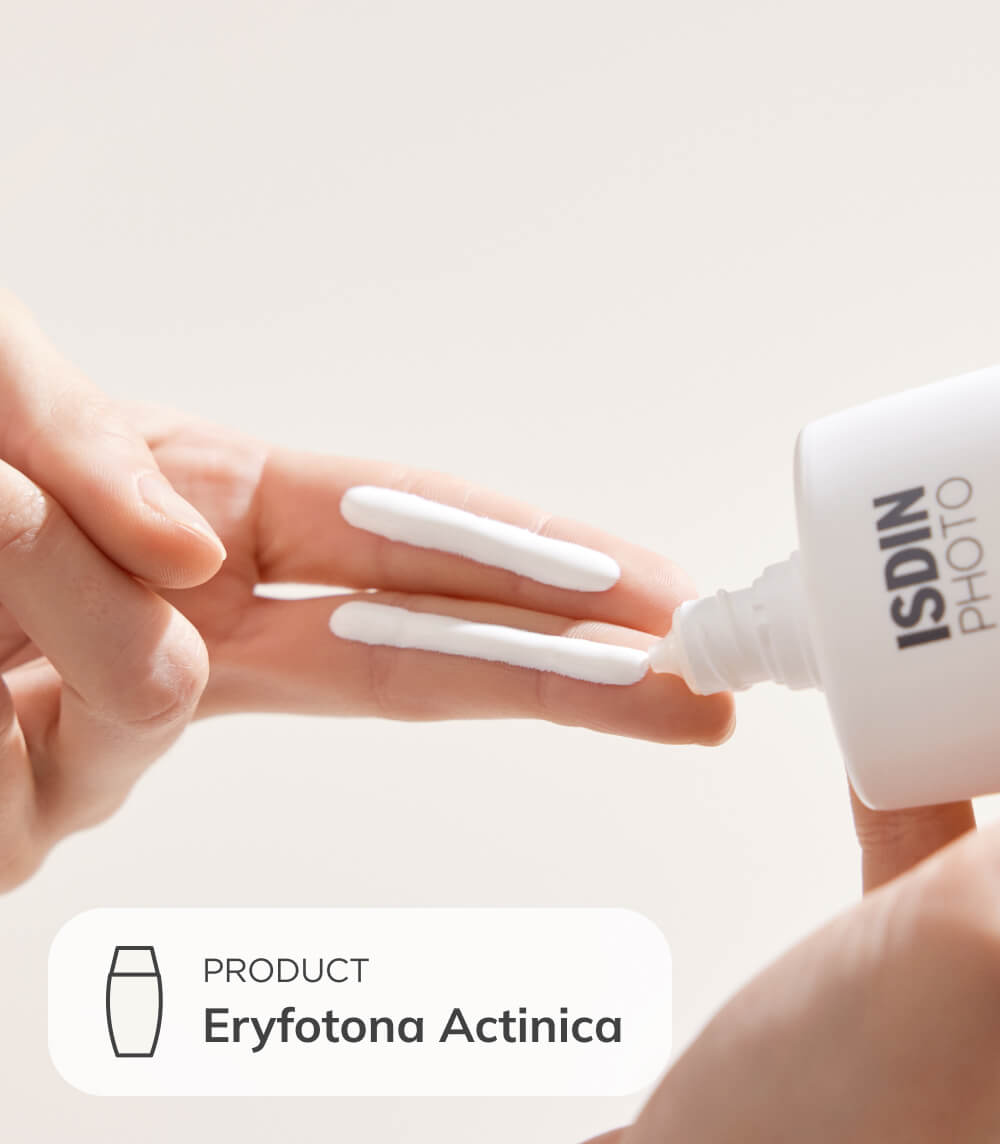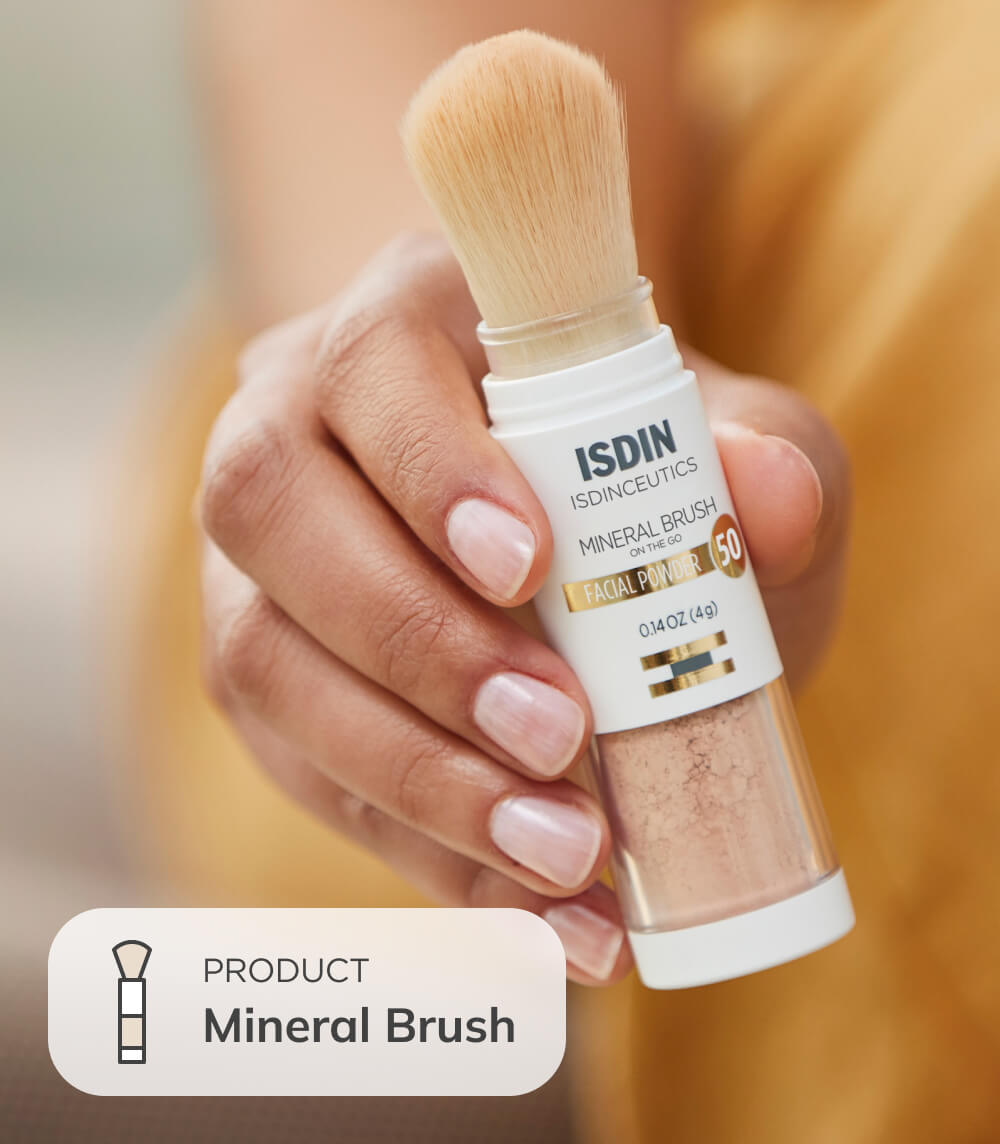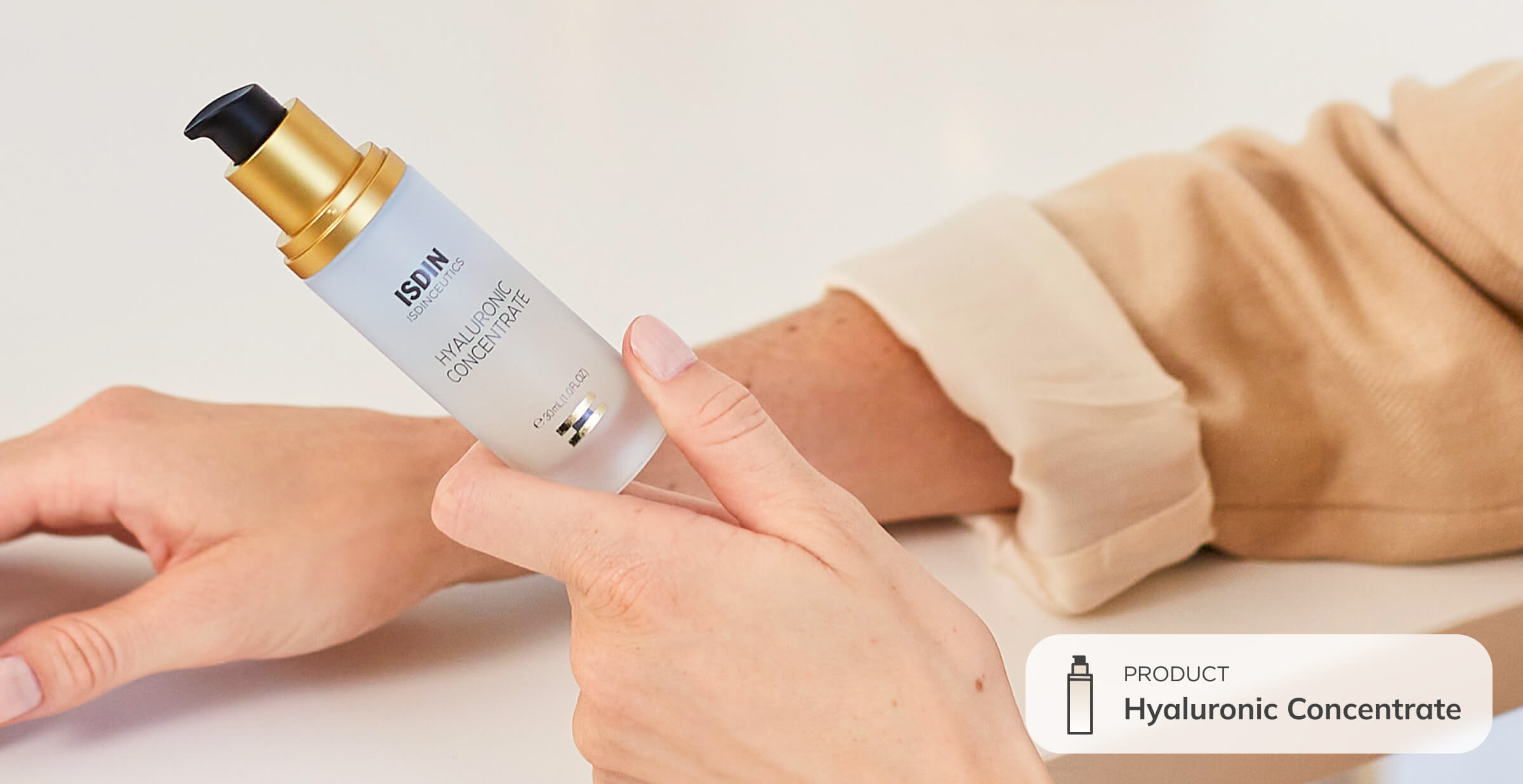Your energy, your mood — you can feel how much they fluctuate throughout the day (even though you might wish otherwise at times). And while these highs and lows may seem random, it’s all part of your body’s essential functions to keep you healthy and happy.
The same goes for your skin! In fact, it goes through many changes within one single day, even if you can’t see or feel them quite as much. Let’s unpack these important shifts, plus the best course of action to help your skin look its best from sun up to sun down.
Table of Contents
Your skin during the day
From the moment you wake up to the moment it gets dark out, your skin is hard at work. During the day, the skin protects your body from UV exposure, moisture loss, pollution, extreme temperatures, and aggressors — not to mention helping you sense the world around you through touch. It’s not an easy gig.
It also changes from day to night, adapting to these two very different environments. Since your skin is an organ (the largest in fact), it gets and gives signals related to the time of day. As daylight dwindles, your skin moves from protect and hydrate mode to repair and reset mode. This switch is thanks to your skin’s circadian rhythm (just like your body’s sleep-wake cycle).
Learn more about your skin at night and how to help repair it.
For now, discover what your skin goes through during a typical 9 to 5:
Alarm goes off, protection mode goes on

Do you ever feel like your skin looks better in the morning? It’s not just in your head, there’s science behind it. Your skin gets thicker in the morning, as it prepares to protect against stressors throughout the day. And yet, even at its thickest point, your skin is less than a tenth of an inch thick — meaning it can use all the extra protection it can get.
What you can do
First up? Antioxidants. These free-radical-fighting components help defend your skin against pollution and UV radiation’s damaging effects — which is at its height during the day. Reach for a vitamin C serum designed to help protect against oxidative stress and deeply hydrate skin for a natural, radiant glow.
Next, sunscreen. This is your front-line protection against those damaging UV rays that lead to visible signs of skin aging (AKA photoaging) and increase the risk of skin cancer. But try to remember: sunscreen isn’t exactly a once-a-day thing. Do your best to reapply at least every two hours — it’s the timeframe the experts recommend.


Oil production spikes midday
Whether it’s a reaction to external stressors or to daily difficulties (work emails, traffic, and a never-ending to-do list), stress can have a very real — very oily — effect on the skin.
Regardless of the trigger, research says that sebum production peaks in the afternoon. That means it’s completely normal to experience that lunchtime shininess at the office.
What you can do
Try adding an oil cleanser to your morning routine. Although it might seem counterintuitive, oil attracts oil. So, this texture can be great for banishing nighttime oil buildup without stripping skin’s natural hydration, keeping things balanced overall.
Another tip? Stash a sheer mineral powder in your bag to help boost skin’s defenses and mattify at the same time.


Skin loses moisture as the day ends
From the afternoon to the evening, science shows that your skin naturally loses moisture. This is due to transepidermal water loss (TEWL), a very natural process where your skin loses water to the surrounding air through evaporation. Think of it as your skin’s way of regulating its water content.
However, many environmental factors — such as sun exposure, low-humidity climates, wind, and more — can exacerbate TEWL. So what happens when your skin loses more water than it can replace? That’s when you’re looking at dry, rough, even irritated or itchy skin.
What you can do
If this sounds like you, you’ll want to adopt a daily skincare routine for dehydrated skin with hydrating hyaluronic acid at the center. This super ingredient boasts a high water retention capacity, acting almost like a natural water reservoir in your skin — perfect for long days in dry settings.

Every day is a chance to hit reset
Skincare doesn’t have to be just a few minutes in the morning, but rather a lifestyle with healthy skin at the forefront. And understanding how hard-working your skin is can help you give it what it needs to stay vibrant at every hour.
So, keep in mind that your skin does a lot for you during the day. But it only asks for a few simple things in return: a tailored morning routine and always, always sunscreen.

References:
Chen Y, Lyga J. Brain-skin connection: stress, inflammation and skin aging. Inflamm Allergy Drug Targets. 2014;13(3):177-90. doi: 10.2174/1871528113666140522104422. PMID: 24853682; PMCID: PMC4082169.
InformedHealth.org [Internet]. Cologne, Germany: Institute for Quality and Efficiency in Health Care (IQWiG); 2006-. How does skin work? 2009 Sep 28 [Updated 2019 Apr 11]. Available from: https://www.ncbi.nlm.nih.gov/books/NBK279255/
Matsui M.S. et al. Biological Rhythms in the Skin. Int J Mol Sci 2016 J Biol Rhythms. 2015 Jun;30(3):163-82. Available from: https://www.ncbi.nlm.nih.gov/pmc/articles/PMC4926335/





